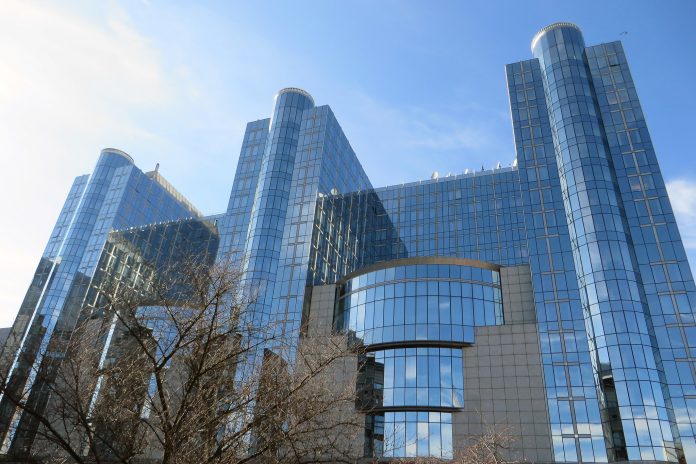MEPs approved the €5 billion Brexit Adjustment Reserve to help member states deal with the economic, social and territorial impact of the UK’s departure from the EU.
The agreement to set up the special fund, reached by Parliament and Council negotiators in June, was adopted with 652 in favour, 32 against and 11 abstentions. €1.6 billion will be distributed in 2021. The remaining €3.4 billion should follow in separate tranches of €1.2 billion in 2022 and 2023, followed by €1 billion in 2025 (in 2018 prices).
Which measures would qualify for support?
Measures that qualify for funding may include, among others, support to businesses, local communities, creating jobs or supporting EU citizens to re-integrate. MEPs ensured that expenditure incurred between 1 January 2020 and 31 December 2023 will be covered by the fund. The Commission’s proposal limited the eligibility period to between 1 July 2020 and 31 December 2022.
Distribution of funds
According to the agreement, three factors will be used to calculate how much money each EU country will receive: the importance of trade with the UK, the importance of fisheries in the UK exclusive economic zone and the population living in maritime regions bordering the UK. Ireland will be by far the largest beneficiary in absolute terms (around €1 billion), followed by the Netherlands (around €810 million), France (around €670 million), Germany (around €590 million) and Belgium (around €350 million). The provisional distribution is available here. Member states that depend significantly on fisheries will have to direct a specific percentage of their national allocation to small-scale coastal fisheries and local and regional communities dependent on fishing activities.
“The EU stands by its businesses, regions and the countries most affected by Brexit. Through the Brexit Adjustment Reserve, we managed to organise a quick European response and to provide assistance swiftly. Thanks to clear criteria, 5 billion euro will go where they are actually needed. We also made sure that the first part of the assistance can already be allocated from the end of this year”, said EP rapporteur Pascal Arimont (EPP, BE).
To finalise the legislative process and distribute the financial support, the Brexit Adjustment Reserve also has to be formally approved by the EU Council.

